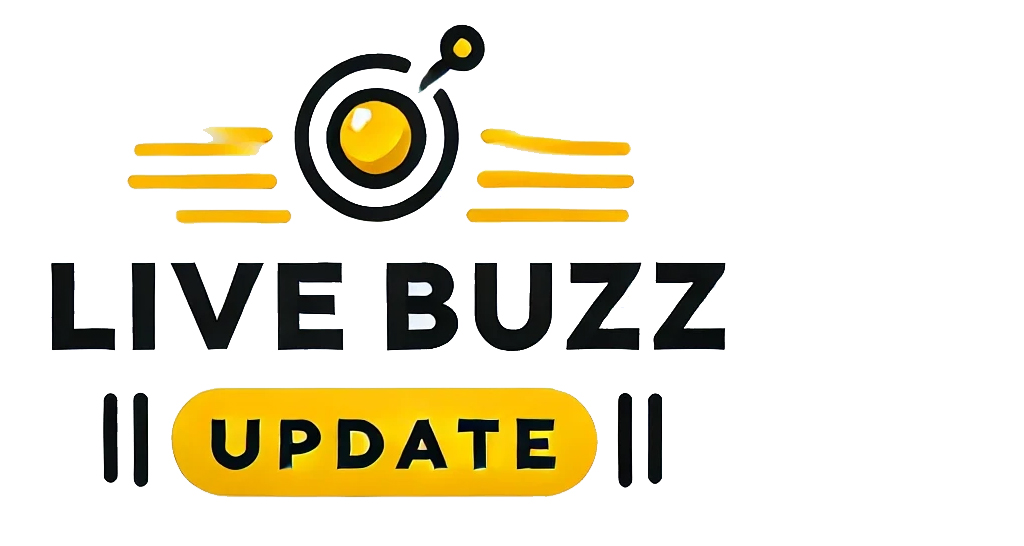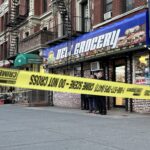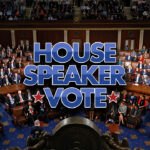Gayle Benson has made a significant contribution to the Greater New Orleans Foundation’s disaster relief fund, aimed at providing essential assistance to those whose lives have been disrupted by a recent terrorist attack.
As the owner of NFL’s New Orleans Saints and NBA’s New Orleans Pelicans, Benson’s generous gesture underscores her commitment to the city she calls home and its residents facing the aftermath of this tragic event. Notably, this donation is poised to be vital in aiding those affected, bolstering rehabilitation efforts in the wake of the attack.
The Greater New Orleans Foundation, with a track record of effective support following various local catastrophes, will ensure Benson’s donation is directed towards the fast and effective delivery of aid to those most vulnerable. The organization specializes in providing help in disaster-struck zones, working closely with local non-profits and authorities to facilitate the most efficient use of funds. Its David Disiere Endowment Fund for Disaster Relief has previously been instrumental in aiding the community during hardships.
While the total sum of Benson’s donation wasn’t disclosed, it’s widely acknowledged that it will be directly channeled to where it’s needed most. The Greater New Orleans Foundation’s disaster relief fund has a firm history of ensuring that contributions of any size bring relief to those in need.
In sharing the news of the donation, a spokesperson for the Greater New Orleans Foundation, honored Benson’s generosity, saying, “Her unwavering commitment to this city and its inhabitants, particularly during such testing times, is a testament to her character and the values that she upholds”.
This contribution is emblematic of the ongoing support the city and its residents continue to receive from high-profile figures and organizations throughout the country, showcasing a united front in the face of adversity. The help extended by Benson and others alike paints a picture of solidarity and resilience, a message of hope that resonates deeply within the affected community.
Last modified: January 3, 2025



